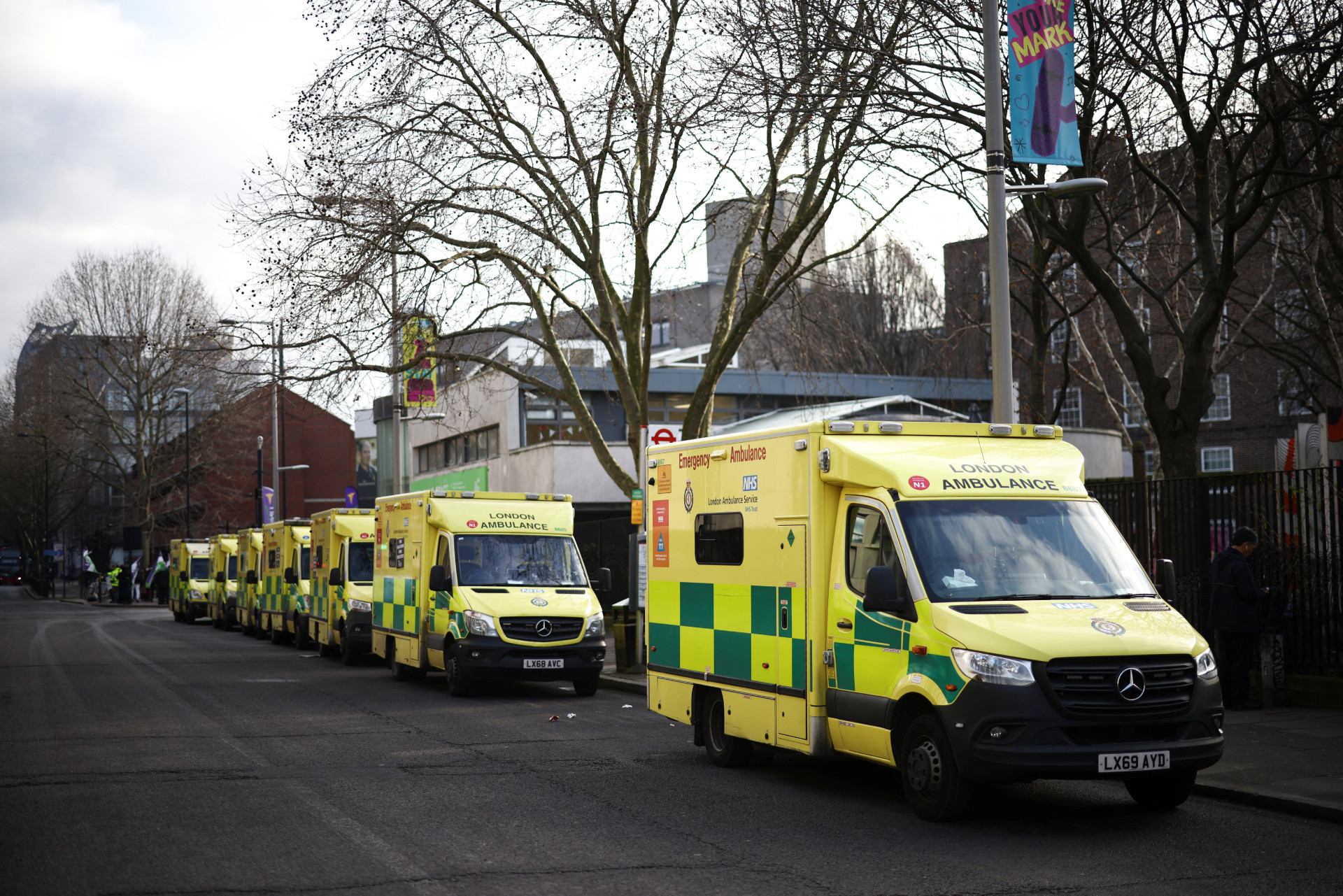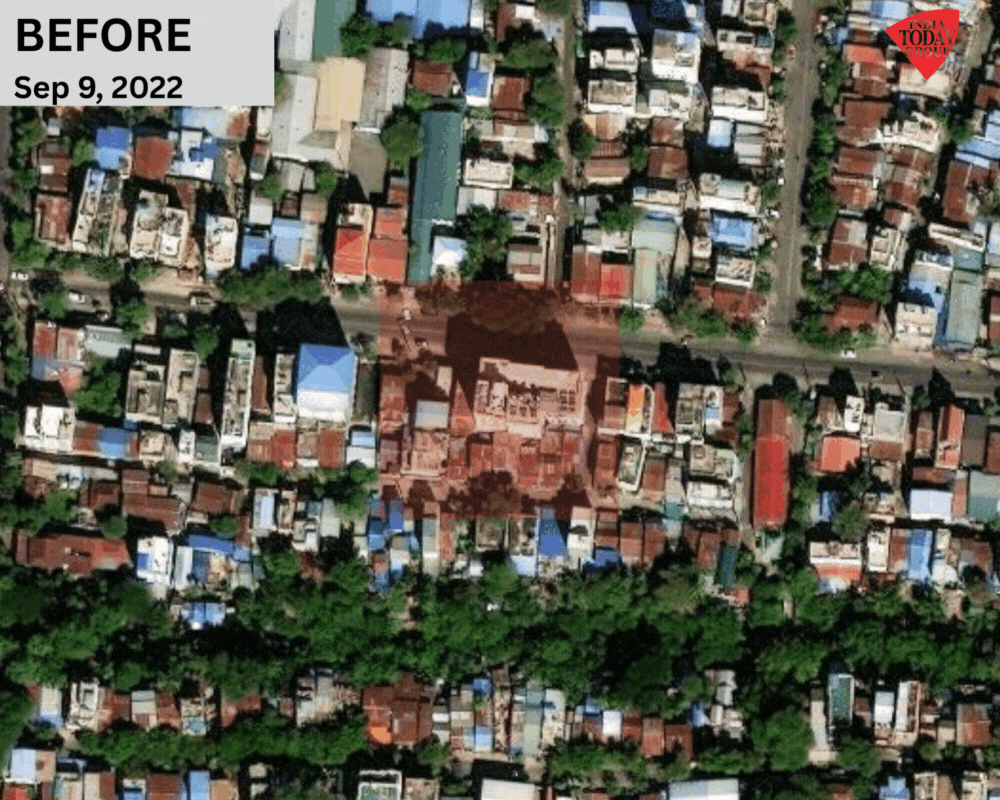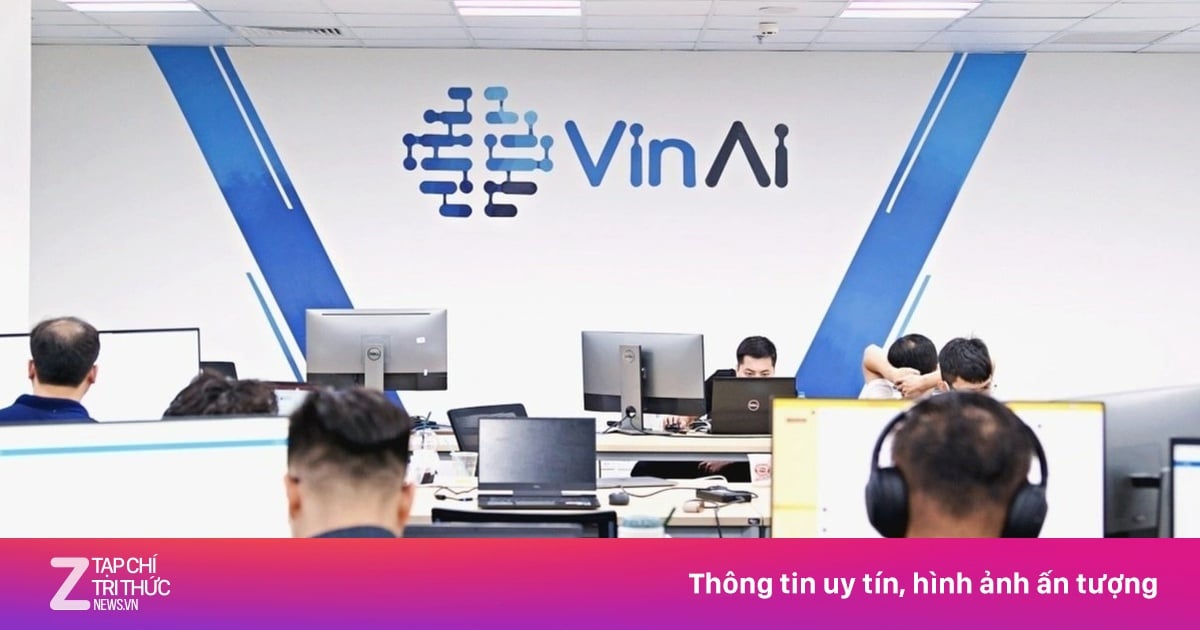AI could even help humanity get back on track to achieve the United Nations sustainable development goal of universal health coverage by 2030.

However, despite the rapid development of technology, the healthcare sector is “below average” in AI adoption compared to other industries, according to the World Economic Forum’s report “The Future of AI-powered Healthcare: Leading the Way.”
“AI transformation is not just about adopting new tools, but requires rethinking the entire way healthcare is delivered and accessed,” the report says.
With the medical generative AI market expected to reach $2.7 billion this year — and nearly $17 billion by 2034 — here are the ways AI is transforming healthcare:
AI can analyze brain images
A new AI software is twice as accurate as experts at analyzing brain scans of stroke patients. Two universities in the UK trained the software on 800 brain scans and then tested it on 2,000 patients. The results were impressive. In addition to being highly accurate, the software was also able to determine the time frame in which a stroke occurred — a crucial factor for doctors.
“For the majority of strokes caused by blood clots, if the patient arrives within 4.5 hours of the stroke occurring, they are eligible for both medical and surgical treatment,” neurologist Paul Bentley told the Health Tech Newspaper. “Within 6 hours, the patient can still have surgery, but after that, the decision becomes more difficult as many cases are irreversible. Therefore, determining the exact time of onset and the likelihood of recovery is vital.”
AI Detects Bone Fractures Better Than Humans
Using AI for initial analysis could help avoid unnecessary X-rays and reduce the risk of missing fractures. The National Institute for Health and Care Excellence (NICE) says the technology is safe, reliable and could reduce the number of follow-up visits.
Assessing Ambulance Needs Using AI
In the UK, around 350,000 people are taken to hospital by ambulance each month. The decision on who needs to be transferred or not is left to pre-hospital staff, given the shortage of hospital beds. A study in Yorkshire (northern England) found that AI could accurately predict which patients needed to be transferred 80% of the time. The AI model was trained on factors such as mobility, heart rate, blood oxygen levels and chest pain - and it showed no bias in processing the data.
Detect 1,000 diseases earlier
A new machine learning model from AstraZeneca can detect disease before people have any symptoms. Based on the medical data of 500,000 people in a UK health database, the model can “highly predict a diagnosis many years later.”
Another study in the UK found that an AI tool could detect 64% of epilepsy-related brain lesions that radiologists missed. Trained on more than 1,100 MRI scans of adults and children from around the world, the AI not only detected the lesions faster, but also identified very small or hidden lesions that were invisible to the human eye.
Medical chatbots support clinical decision making
Doctors need to make decisions quickly and accurately, AI can help speed up the process, but also carries the risk of providing false or biased information.
A US study found that standard large language models (LLMs) such as ChatGPT, Claude, or Gemini cannot provide doctors with complete and scientifically sound answers. However, ChatRWD - a generative system with enhanced information retrieval - performed better, with 58% useful answers (compared to 2%-10% from conventional LLMs).
Digital interfaces are also being deployed to help triage patients. The World Economic Forum’s Digital Health Transformation Initiative 2024 report says the Huma digital patient platform could reduce hospital readmissions by 30%, reduce the time it takes doctors to review patient records by up to 40%, and “reduce the workload on healthcare workers.”
The report expects that such technologies will “dramatically transform the patient experience of healthcare. Healthy people will be able to use monitoring devices to optimize their physical and mental health, while those with health conditions will have access to a range of digital solutions.”
(According to Weforum.org)
Source: https://vietnamnet.vn/cach-ai-dang-lam-thay-doi-nganh-y-te-2386768.html



![[Photo] Prime Minister Pham Minh Chinh receives Deputy Prime Minister of the Republic of Belarus Anatoly Sivak](https://vstatic.vietnam.vn/vietnam/resource/IMAGE/2025/4/2/79cdb685820a45868602e2fa576977a0)
![[Photo] General Secretary To Lam receives Russian Ambassador to Vietnam](https://vstatic.vietnam.vn/vietnam/resource/IMAGE/2025/4/2/b486192404d54058b15165174ea36c4e)


![[Photo] Prime Minister Pham Minh Chinh receives CEO of Standard Chartered Group](https://vstatic.vietnam.vn/vietnam/resource/IMAGE/2025/4/2/125507ba412d4ebfb091fa7ddb936b3b)















































































Comment (0)